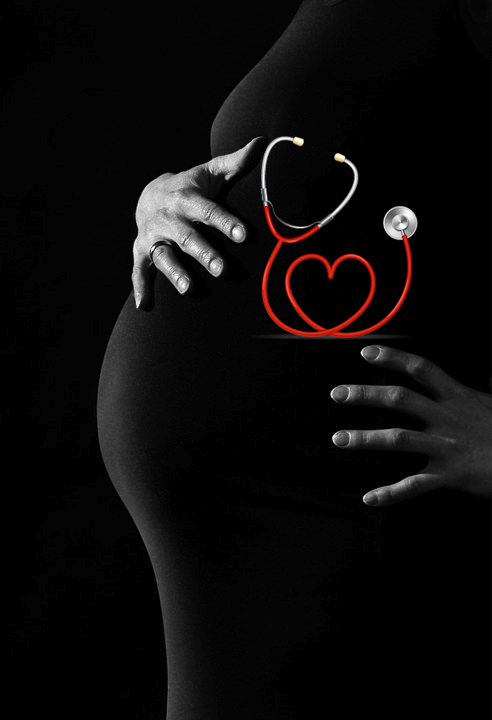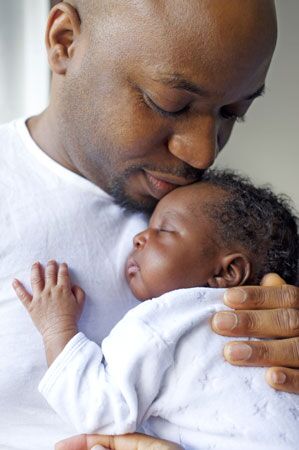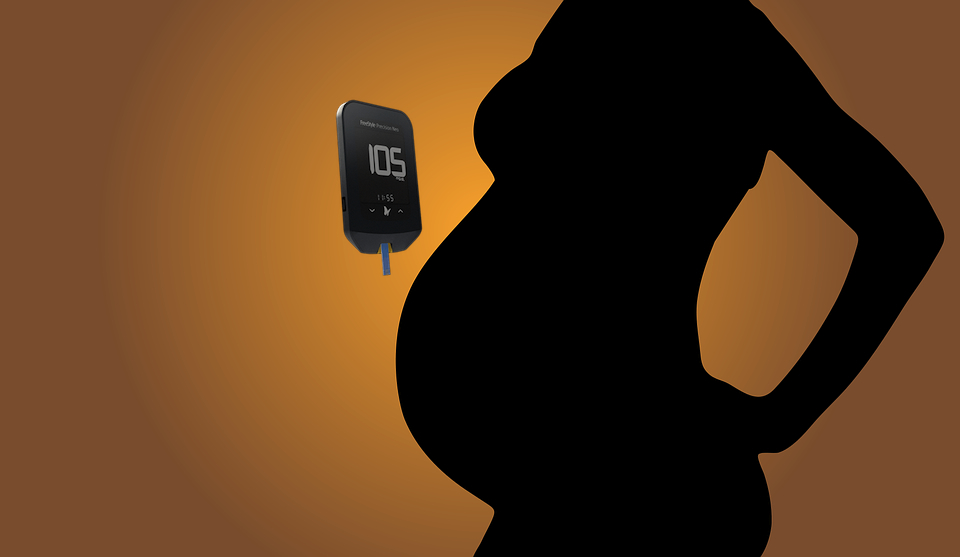
Pregnancy Symptoms
Top 10 Pregnancy Symptoms You Should Never Ignore, By Dola Kaytee, Mom Coach.
Pregnancy is well known for symptoms as nausea, back pain, and fatigue. Your body goes through major changes throughout these nine months, so it’s important to know what’s normal and what is not. While it is always safe to call your doctor about any symptom that concerns you, you need to keep in mind some symptoms that do require swift attention.
At any time during your pregnancy, call your doctor/ health care provider if you experience:
Vaginal Bleeding
Bleeding after the 20th week should be taken very seriously, it could be a sign of miscarriage, placental abruption(placenta has detached from the wall of the uterus) or placenta previa (placenta lies unusually low in the uterus and partially or completely covers the cervix).
Swollen Face, Hands and Feet
It is normal to have a moderate amount of swelling during pregnancy, this is because your body is holding on to more fluid than usual. However, excessive or sudden swelling in the ankle and feet could be a sign of preeclampsia. Be on the lookout for more swelling in one leg than the other, accompanied by pain, which can signal a possible blood clot.
Reduced Fetal Movements
Beginning at 24 weeks, you should spend some time each day to count your baby’s movements. This movement can be anything from a flutter, kick, swish or roll. Notify your health care provider immediately if your baby has not moved 10 times in two hours or there have been significant changes in what is normal for your baby.
Chills or Fever
Fevers during pregnancy is never normal as your baby’s growth and development depend on your body maintaining a steady and healthy temperature. When the temperature spikes up to more than 38.3°C (100.94°F), it is a fever. A recent study has suggested that pregnant women who come down with a fever are at increased risk of having a baby with autism.
Painful or Burning Urination
If you are experiencing pain when you pee, you are likely to have a urinary tract infection (UTI) – cloudy, bloody or foul-smelling urine is another classic bladder infection symptom. Pregnant women can be especially prone to UTI’s due to the uterus sitting directly on top of the bladder; as the uterus grows, its increased weight can block the drainage of urine from the bladder, causing an infection. To prevent the infection reaching the kidney, prompt treatment is necessary as if left untreated, could trigger labor and lead to low birth weight.
Abdominal Pain/ Cramps
Abdominal pain in the second or third trimesters, could be as a result of round ligament pain or Braxton hicks – which are both harmless; however, pains resulting from placental abruption (happens when the placenta peels away from the inner wall of the uterus before delivery), preeclampsia or labor contractions are more serious will require immediate medical attention.
Sudden Vision Changes & Blurred Eyesight
Some changes in vision can be symptoms of potentially dangerous conditions such as pregnancy-induced hypertension or gestational diabetics. Eyesight problems usually involve temporary loss of vision, sensitivity to light and blurred vision.
Rapid Weight Gain
This is when you gain four or more pounds in a week. Complications of too much weight gain can show up during the third trimester and may include: gestational diabetics, high blood pressure, premature birth and heavy birth weight. Make sure you avoid salty food and drink lots of water which helps flush the body and prevent extra water retention.
Itching
Severe itching in late pregnancy can be a sign of a liver problem called obstetric cholestasis (OC). Also know as, intrahepatic cholestasis of pregnancy (ICP), this condition triples the risk of stillbirth and it is believed to be caused by pregnancy hormones that affect the liver’s ability to transport certain chemicals, such as bile.
Trickle or Gush of Fluid From Your Vagina
This could mean that your amniotic sac has ruptured. If your water breaks before the 37th week of pregnancy, the more serious it is for you and your baby and can predispose both you and your baby to infection. If you are past 37 weeks, then congratulations – this could be a sign that things are about to get real!




